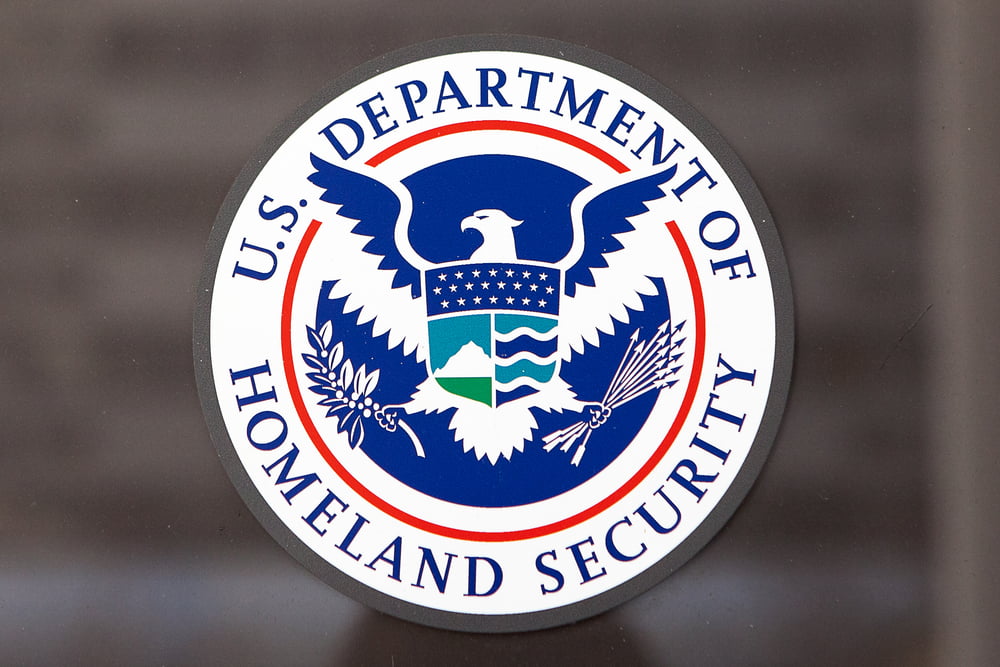The Department of Homeland Security has an interesting relationship with Bitcoin and cryptocurrency. On the one hand, it seeks to deanonymize users whenever illegal activity is suspected. On the other hand, there is an obvious respect for what these new forms of money brings to the table. The Homeland Security Assessment of Terrorists Use of Virtual Currencies Act will prove to be a rather interesting story.
A new DHS Bill With Potentially Severe Consequences
Although the Homeland Security Assessment of Terrorists Use of Virtual Currencies Act was originally drafted in May of this year, it only became public knowledge last night. This particular bill has seemingly been passed by the House of Representatives without too many people knowing about it in the first place. That is not entirely surprising, though, as a lot of legislative decisions are only made public knowledge once they go into effect.
What makes this particular bill so interesting is how it touches upon the concept of virtual currencies. The goal is to make a proper threat assessment on the terrorist use of virtual currencies. The US government is still very concerned about terrorist activity, both international and domestic. Terrorist organizations collect millions of dollars in funding every quarter, yet no one knows for sure how they succeed in doing so.
120 days from the enactment of the Homeland Security Assessment of Terrorists Use of Virtual Currency Act, a threat assessment regarding virtual currency will be conducted. This task will fall on the shoulders of the Undersecretary of Homeland Security for Intelligence and Analysis. He will coordinate with the appropriate federal partners in this regard. Once the threat assessment has been completed, a task force will look into adequate countermeasures.
One thing about this bill that will irk a lot of readers is how this new Act defines virtual currencies. It refers to any digital representation of value functioning as a medium of exchange, store of value, or a unit of account. While this includes Bitcoin and virtual currencies, this language should also be looked at from a much broader perspective. Any online representation of value such as a PayPal balance, a virtual debit card, or a prepaid debit card would fall under this category as well.
For the time being, it remains a bit unclear how this Act will affect all of those existing payment methods. It is not the first time cryptocurrencies have been referred to as a potential tool for terrorist financing. However, there has never been any official documentation confirming the use of Bitcoin and altcoins in large quantities for this specific purpose. Virtual currency exists in many forms, shapes, and sizes. Some of these payment methods – especially the anonymous ones sold in regular stores – may turn out to be the bigger threat in the end.
The Homeland Security Assessment of Terrorists Use of Virtual Currencies Act is a powerful tool to address terrorist financing once and for all. However, it is still too early to tell what this venture will mean for the industry as a whole. The wording is sufficiently vague to leave room for plenty of speculation, by the looks of things. We should know more about these efforts by early 2018. Rest assured the cryptocurrency industry will be keeping a close eye on this new task force.

